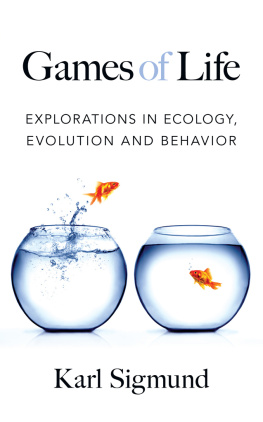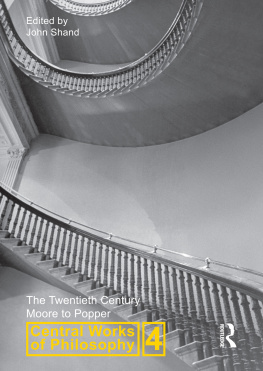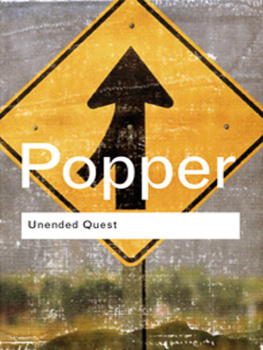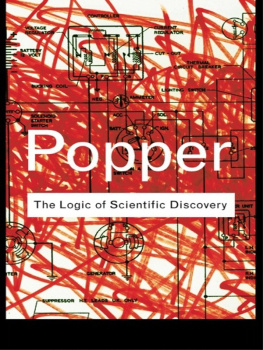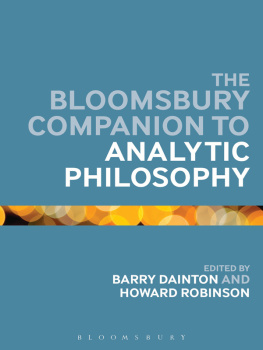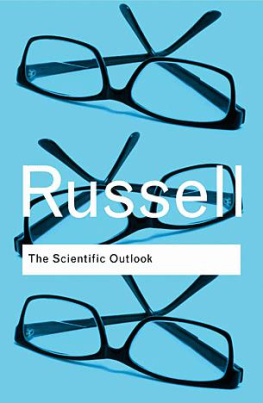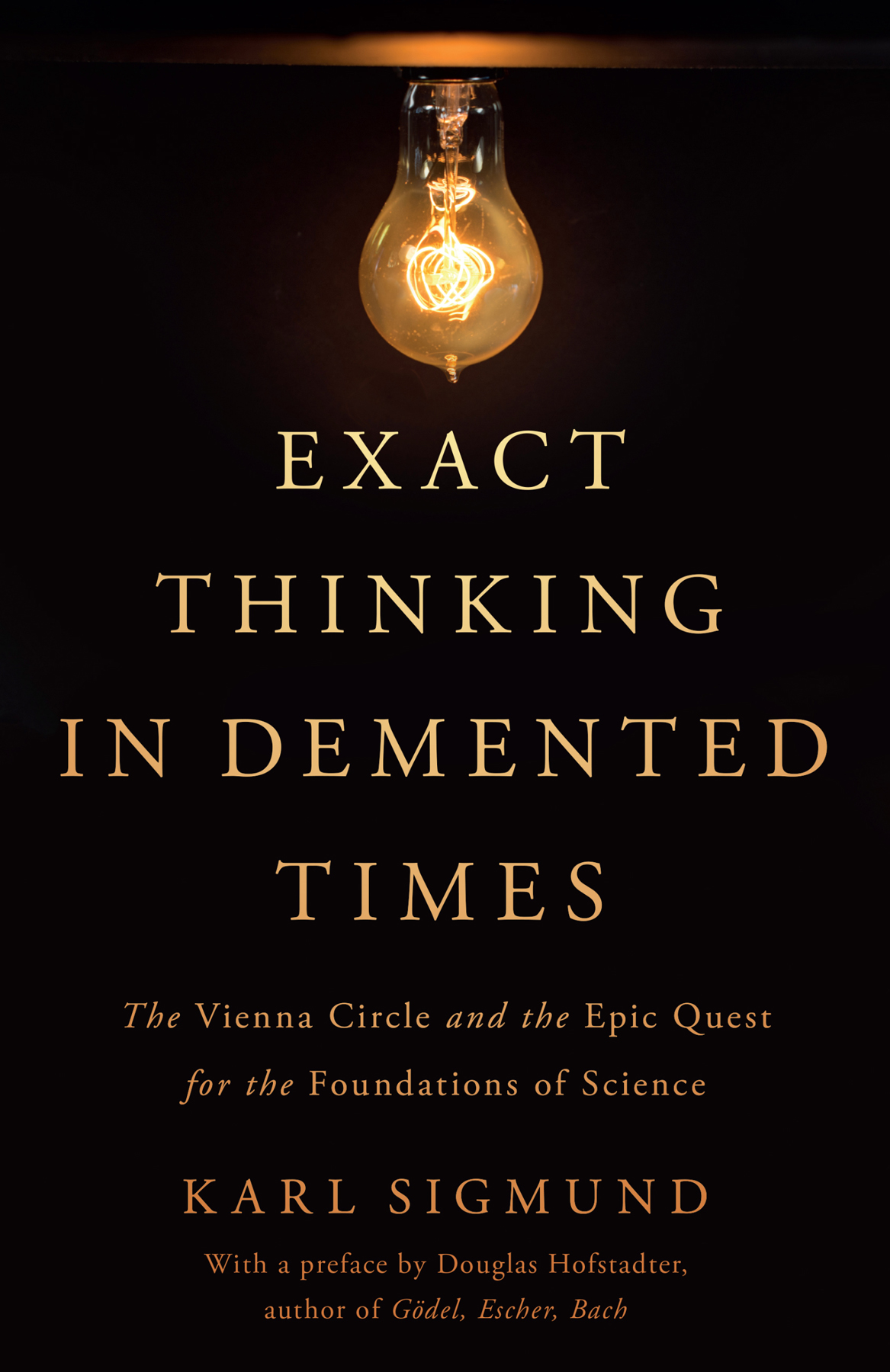Karl Sigmund - Exact Thinking in Demented Times: The Vienna Circle and the Epic Quest for the Foundations of Science
Here you can read online Karl Sigmund - Exact Thinking in Demented Times: The Vienna Circle and the Epic Quest for the Foundations of Science full text of the book (entire story) in english for free. Download pdf and epub, get meaning, cover and reviews about this ebook. year: 2017, publisher: Basic Books, genre: Religion. Description of the work, (preface) as well as reviews are available. Best literature library LitArk.com created for fans of good reading and offers a wide selection of genres:
Romance novel
Science fiction
Adventure
Detective
Science
History
Home and family
Prose
Art
Politics
Computer
Non-fiction
Religion
Business
Children
Humor
Choose a favorite category and find really read worthwhile books. Enjoy immersion in the world of imagination, feel the emotions of the characters or learn something new for yourself, make an fascinating discovery.

- Book:Exact Thinking in Demented Times: The Vienna Circle and the Epic Quest for the Foundations of Science
- Author:
- Publisher:Basic Books
- Genre:
- Year:2017
- Rating:4 / 5
- Favourites:Add to favourites
- Your mark:
Exact Thinking in Demented Times: The Vienna Circle and the Epic Quest for the Foundations of Science: summary, description and annotation
We offer to read an annotation, description, summary or preface (depends on what the author of the book "Exact Thinking in Demented Times: The Vienna Circle and the Epic Quest for the Foundations of Science" wrote himself). If you haven't found the necessary information about the book — write in the comments, we will try to find it.
Inspired by Albert Einsteins theory of relativity and Bertrand Russell and David Hilberts pursuit of the fundamental rules of mathematics, some of the most brilliant minds of the generation came together in post-World War I Vienna to present the latest theories in mathematics, science, and philosophy and to build a strong foundation for scientific investigation. Composed of such luminaries as Kurt Gdel and Rudolf Carnap, and stimulated by the works of Ludwig Wittgenstein and Karl Popper, the Vienna Circle left an indelible mark on science.
Exact Thinking in Demented Times tells the often outrageous, sometimes tragic, and never boring stories of the men who transformed scientific thought. A revealing work of history, this landmark book pays tribute to those who dared to reinvent knowledge from the ground up.
Karl Sigmund: author's other books
Who wrote Exact Thinking in Demented Times: The Vienna Circle and the Epic Quest for the Foundations of Science? Find out the surname, the name of the author of the book and a list of all author's works by series.

